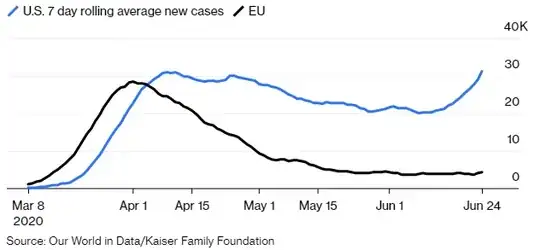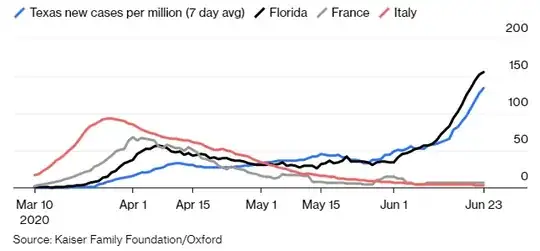In a May 20, 2020 article (German) cites a mathematician who claims the various lock-down measures against COVID-19 are useless.
However, the Israeli mathematician Isaac Ben-Israel believes that a lockdown is useless. However, it is based on mathematical studies rather than medical studies. He wants to have calculated that the course of corona infections is the same in every country - regardless of whether and if so, which measures are taken.
Ben-Israel is Chairman of the Israeli Space Agency and the National Council for Research and Development of the Ministry of Science. In his analysis , he concludes that the coronavirus pandemic peaks 40 days after the outbreak in each country . After 70 days, it will drop so much that it will soon be practically zero. And that is completely independent of what measures the government has taken in the respective country.
This is just one of several voices in Germany making similar claims:
- Anti-lockdown demonstrations
- Statisticians pointing to Sweden
- A virologist questioning the value of the lockdown
I've been following Worldometer and other sites on the statistics and it does seem clear to me that all countries that refused to lockdown (e.g. Sweden) or delayed in making it happen (e.g. UK, USA) suffered considerably worse fates than those who locked down early.
Is there any hard evidence to support that a lockdown could have been avoided once the disease had established itself in a country?

